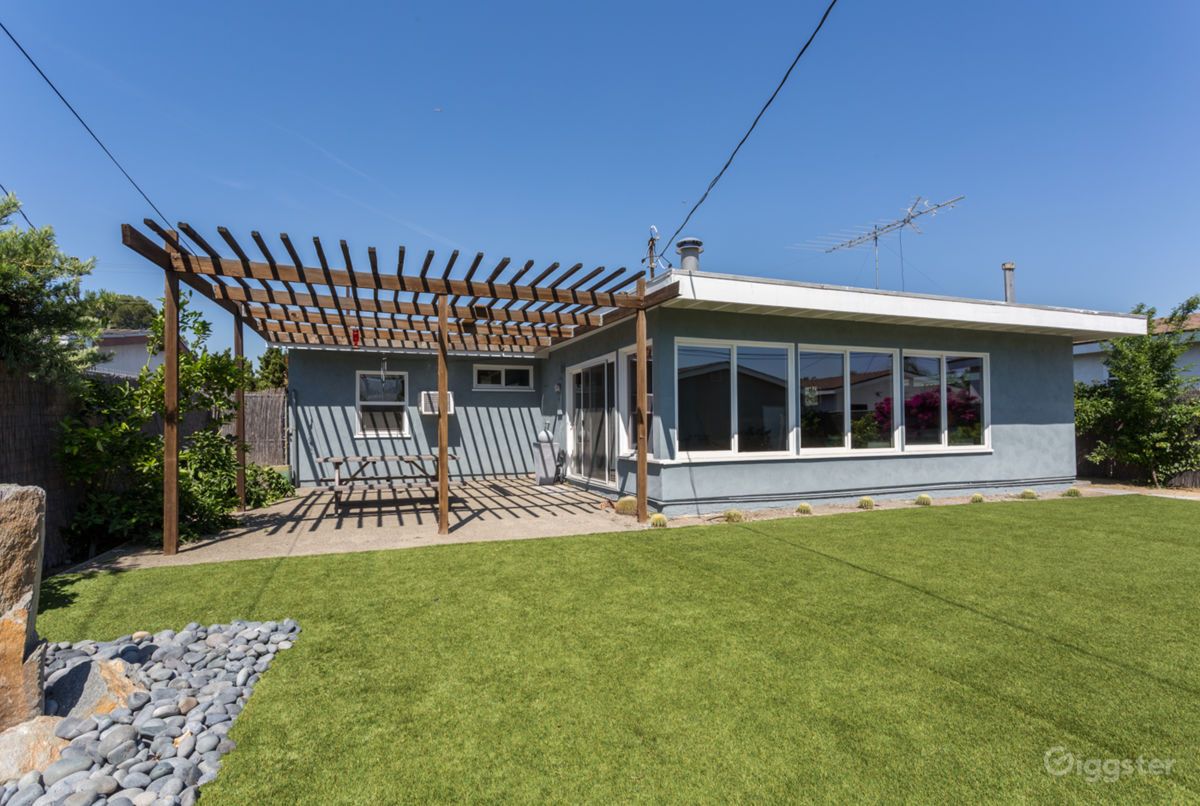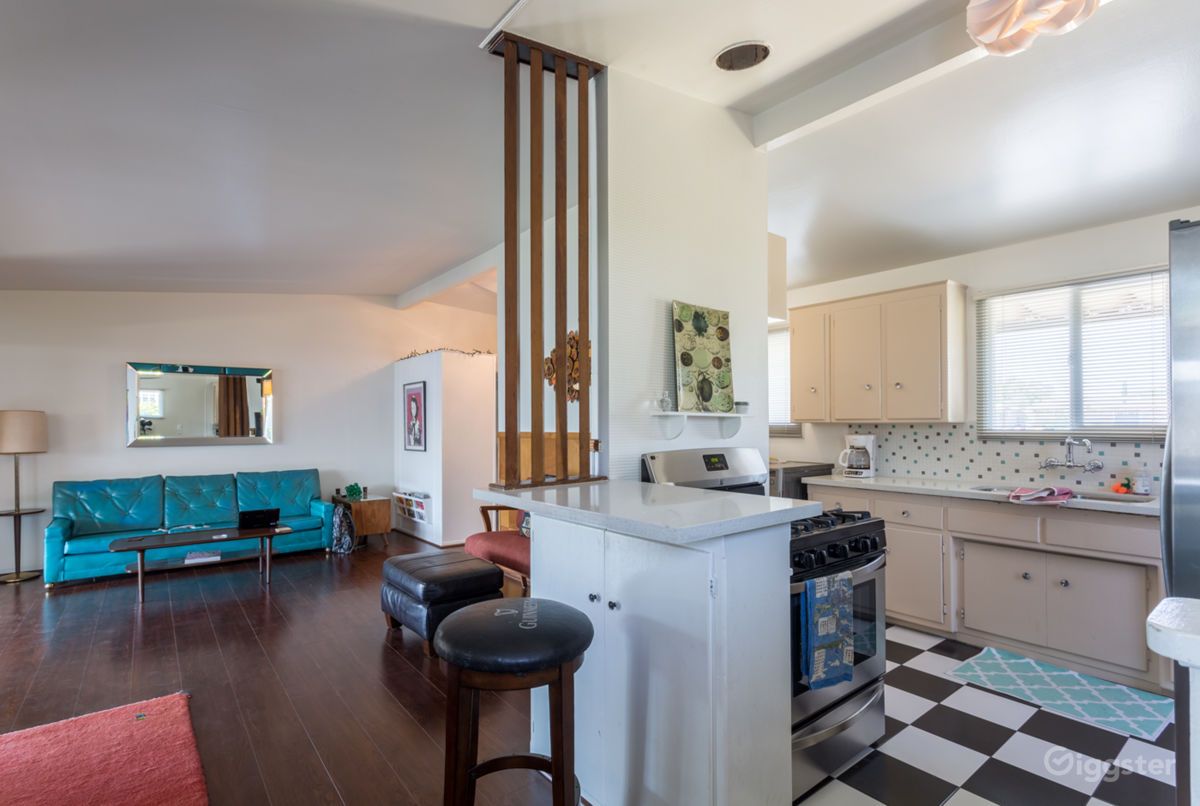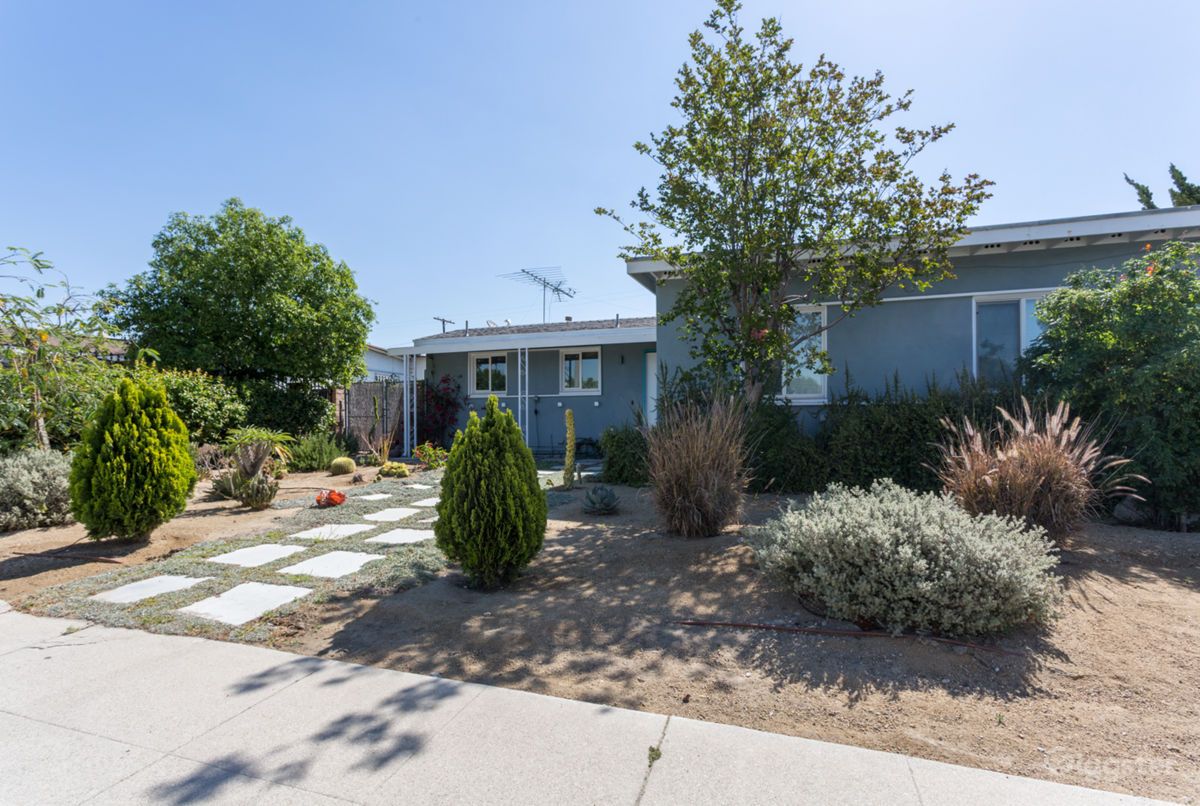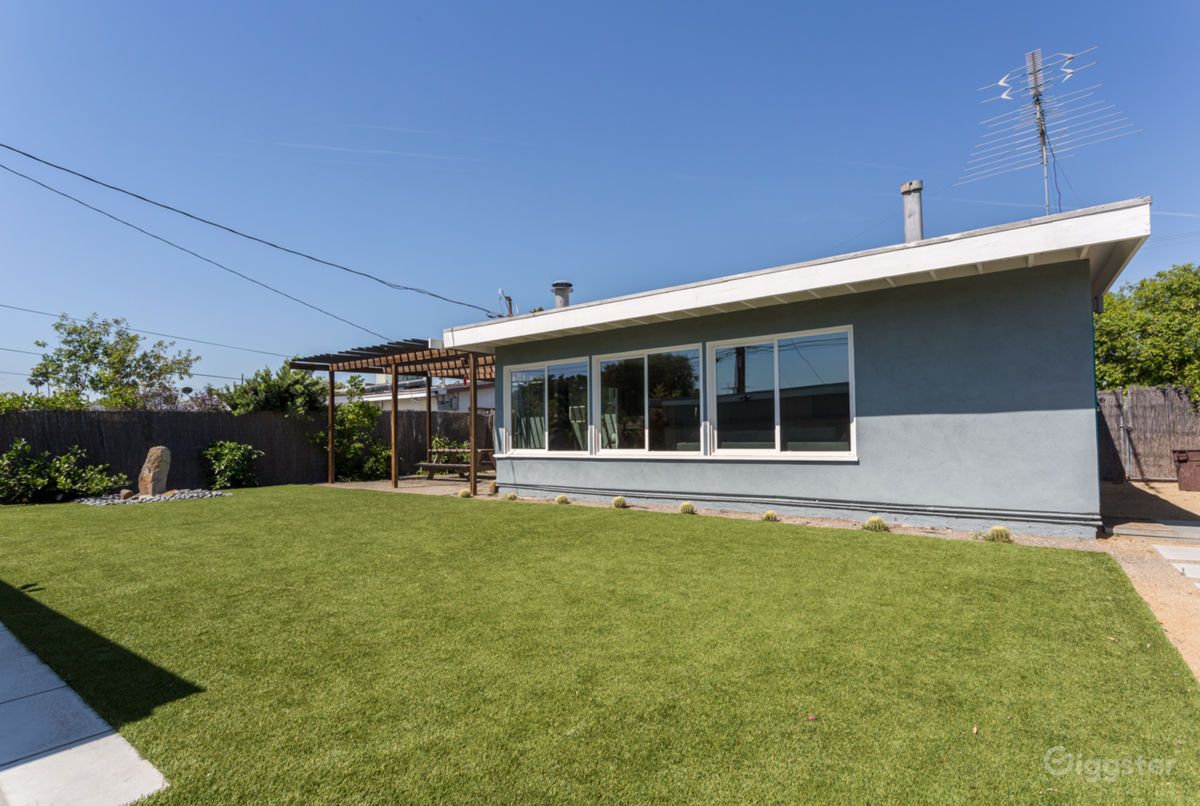How to Get Your First 40 Bookings on Giggster
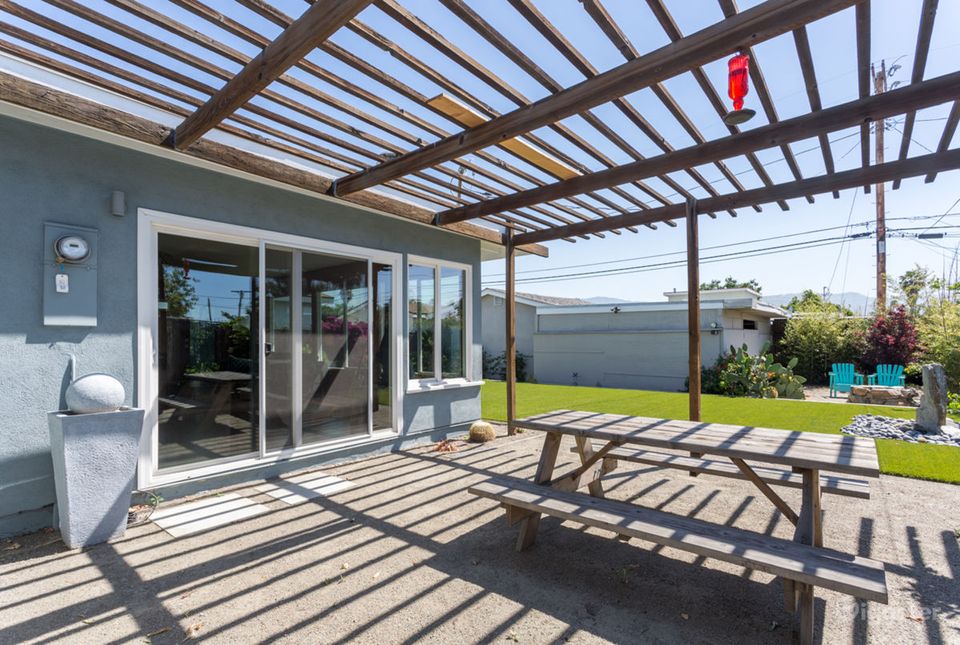
This week we had the opportunity to sit down with Brian Cooper, a Giggster Superhost who has been listing his location on Giggster since November 2017. Brian's retro-cool Burbank home "Mad Men Mid-Century" is not only one of the most affordable locations on Giggster, but also one of the most successful, having generated over $30,000 in bookings in the past year and a half.
Given Brian's consistent popularity and a long list of stellar renter reviews, he seemed like the perfect person to chat with to find out how to find success as a host on Giggster.
Below is a summarized version of our hour-long conversation.
Reagan: Hi Brian, thanks for taking the time to chat with me, and I'm sure that our community will be excited to hear your recipe for success on Giggster. Our first question is regarding your decision to start renting your home as a filming location. Where did that idea come from? And why did you ultimately decide to open up your home to film productions?
Rent a location for your next film or photo shoot project on Giggster – A better way to book locations.
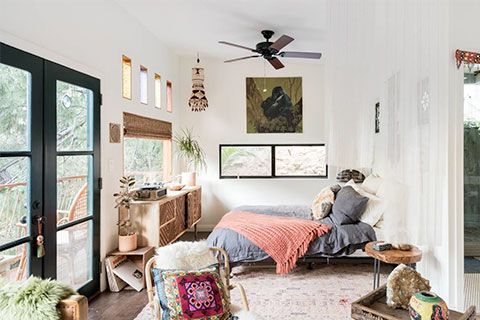
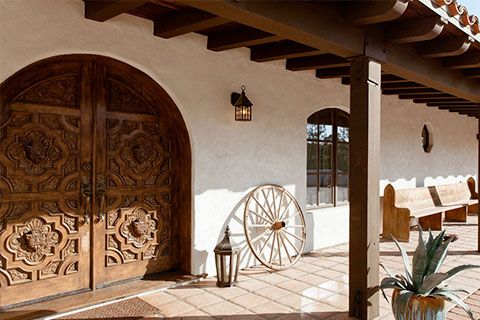
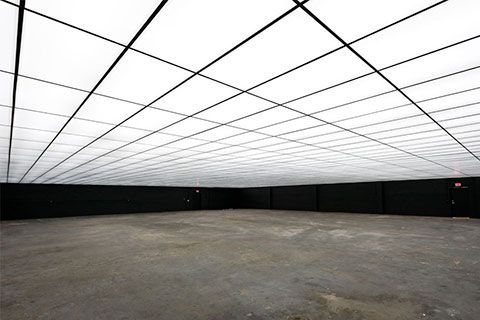

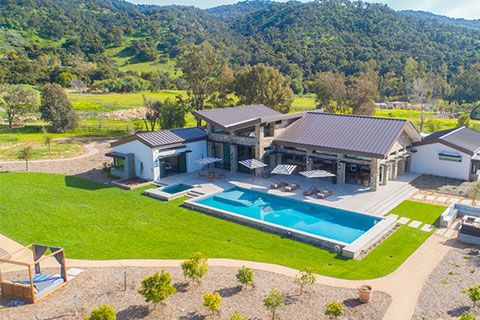
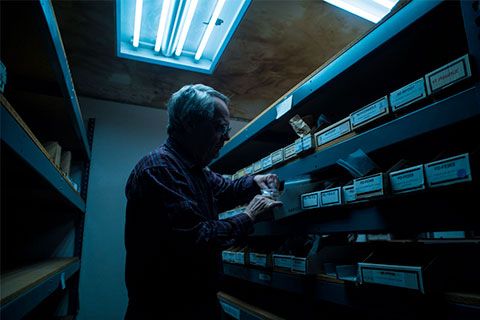
Brian: You know, even though I live a few miles from all the big production studios here in LA, film production was never a world I thought I'd be involved in, and it certainly never occurred to me that my house would be a place people would pay to film in.
The initial inspiration actually came from an online ad from Giggster. I don't watch the news, and I was just scanning my feed and I saw this ad pop-up saying "rent your house for filming", and I thought, that sounds interesting. So, I clicked on it and filled out my listing. At that time you guys were running a promotion that the first 100 sign-ups would receive free professional property photos, and I remember Alison set that up for me, and so then I had the benefit of having a bunch of professional photographs of my place.
Even with what I thought was a great location listing, I didn't receive any inquiries for the first month on the Giggster, but after that, it started to get work, and it's pretty much been a steady climb from there.
Ready to make your listing and start earning?
Create your listing!Giggster was not only about earning a bit of extra spending money - it helped pay the bills, make my car payments and honestly helped me get back on my feet.
Reagan: It's really cool to hear that Giggster was able to introduce you to the world of film location rental. A lot of our top hosts tend to be industry veterans that have been renting their property for years, and I think in many ways you represent the next generation of filming location owners. Just another reason why you're a great person to be interviewing for this article.
So looking back to those early days, how would you say your life changed after you started hosting film productions in your home?
Brian: I can't stress this enough, being a single dad and having to pay child support and alimony, Giggster was not only about earning a bit of extra spending money - it helped pay the bills, make my car payments and honestly helped me get back on my feet.
I may be a homeowner in Los Angeles, but when I signed up for Giggster things were pretty lean, and honestly, if I didn't have the extra income from hosting shoots, I would have been in a pretty tight spot.
As someone who runs their own business, I have an entrepreneurial mindset and I've always treated Giggster very seriously. I believe that I've definitely put in the time to make it work. I'm happy to say that from my experience with Giggster, you get what you put into it and even if you don't have the fanciest house, renting for filming can be a transformational opportunity and it's something that I'd definitely recommend.
Reagan: That's really incredible to hear, and I think that it's a message that a lot of people can relate to - owning a property is an investment but it can also be a huge source of stress and financial strain, and it's really encouraging to hear that Giggster was able to help unlock some of your property's hidden income potential, and get you back on your feet.
During the first few productions, I hung around on set and took notes, and then I took those lessons and made a simple set of rules for the property that would be available for everyone to see.
Brian: It's been a God-send. After catching up on my payments, I used the income from hosting shoots to renovate my second garage and get it up to code, and I'm now able to rent it out for $1350/per month. That's sustainable income that wouldn't have existed without Giggster.
Reagan: I think a lot of people reading this, including some of our existing hosts, are probably wondering - how can I find that type of success? While I would love to say that all of our hosts have earned tens of thousands of dollars, in reality, there are a lot of people who have listed and are still waiting to receive that first booking. How exactly did you market your property and what do you think keeps people coming back to book your location?
Brian: My location on Giggster, Mad Men Mid-Century, is the 3rd property that I've owned. When I moved in, it was pretty much a blank slate, and I invested a significant amount into the property and a lot of that went to a major landscaping renovation of the backyard as well as investing in midcentury modern furniture and artwork.
I'm not a designer by any means but I am a big foodie, and I've had the opportunity to eat at a lot of incredibly decorated restaurants around LA, and to be honest I've just sort of taken notes on things I've seen and liked, and tried my best to incorporate those ideas into my home to make it both a better place to live, and also a fun place to film.
Reagan: Potential damage is something that keeps a lot of people from opening up their house to film productions. Talk me through how you've dealt with that process, and how you've helped protect your property and belongings.
Brian: Yeah it's funny, I am a clean freak with lots of expensive furniture, so you'd think I'd be the last person who would want to be hosting productions and having 30 strangers in my house. But after hosting dozens and dozens of shoots, I've got it pretty figured out and haven't had any major issues.
During the first few productions, I hung around on set and took notes, and then I took those lessons and made a simple set of rules for the property that would be available for everyone to see. I think one of the things a lot of new hosts don't understand is that just because you meet a producer or scout and you trust THEM and tell them your rules, it doesn't necessarily mean every single person in the crew is going to know what's going on. For example, I require the use of booties inside the house to protect the hardwood and also require the doors and windows to be kept shut.
I also have 9 cameras up in the house, which is basically my extra safety net for any potential damages or disputes. Working with Giggster has been great, and Alison has always gone above and beyond to help with damages and overtime charges, but I think the cameras add an extra layer of security, and it's something I'd recommend to other new hosts.
If you take the time to explain how to protect the property, and have a clause in the contract for additional cleaning fees, most people are going to be careful because they don't want to incur any extra charges.
I think it's natural as a new host to be worried about inconveniencing the production crew or not knowing the "rules of the game" and being too laissez-faire. In my experience, a lot of the teams renting in the sub-$2000 per day range, are young people, film school students, new brands, and non-profits, and a lot of them don't entirely know what they're doing either. So if you take the time to explain how to protect the property, and have a built-in clause in the contract for extra charges for cleaning, most people are going to be extra careful because they don't want to incur extra charges.
The final thing I'd recommend is to be aware of exactly what's happening. Ask about props, moving of furniture, stunts, fight scenes, use of fake blood, glitter or other materials that might multiply the risk factor involved in hosting and take account of those things in your final price.
Reagan: Brian, based on our conversation I think it's clear that your success hosting film shoots isn't a coincidence - you've invested a lot of time, money, entrepreneurial spirit into Giggster and I think you've created a really intriguing template for other folks to follow. I'm curious to know if, despite your hard work and planning, if there were some things about the hosting experience that came as a surprise.
Brian: When I started renting my house I didn't really have any reference points, it was all new, and because I needed the money I was always very flexible and just wanted to make things work. So I guess I wasn't really startled by anything.
Why don't you give it a shot and list your property on Giggster?
List your home on Giggster!If any of those early shoots was a nightmare experience I may have given renting a second thought, but it honestly was very straightforward, and everyone I've ever worked with on Giggster (including students) were always very professional.
One thing that I encountered a bit later on, and that I continue to run into is shoots running over time. I think productions have a tendency to underestimate how long things are going to take on a shoot, and I've definitely seen teams that fail to include wrap and clean-up into their booking times.
Giggster has been great about that, and I've always been able to be properly compensated for shoots that run overtime. But yeah, the fact that shoots always go over is definitely something I've learned and would recommend that other hosts look out for.
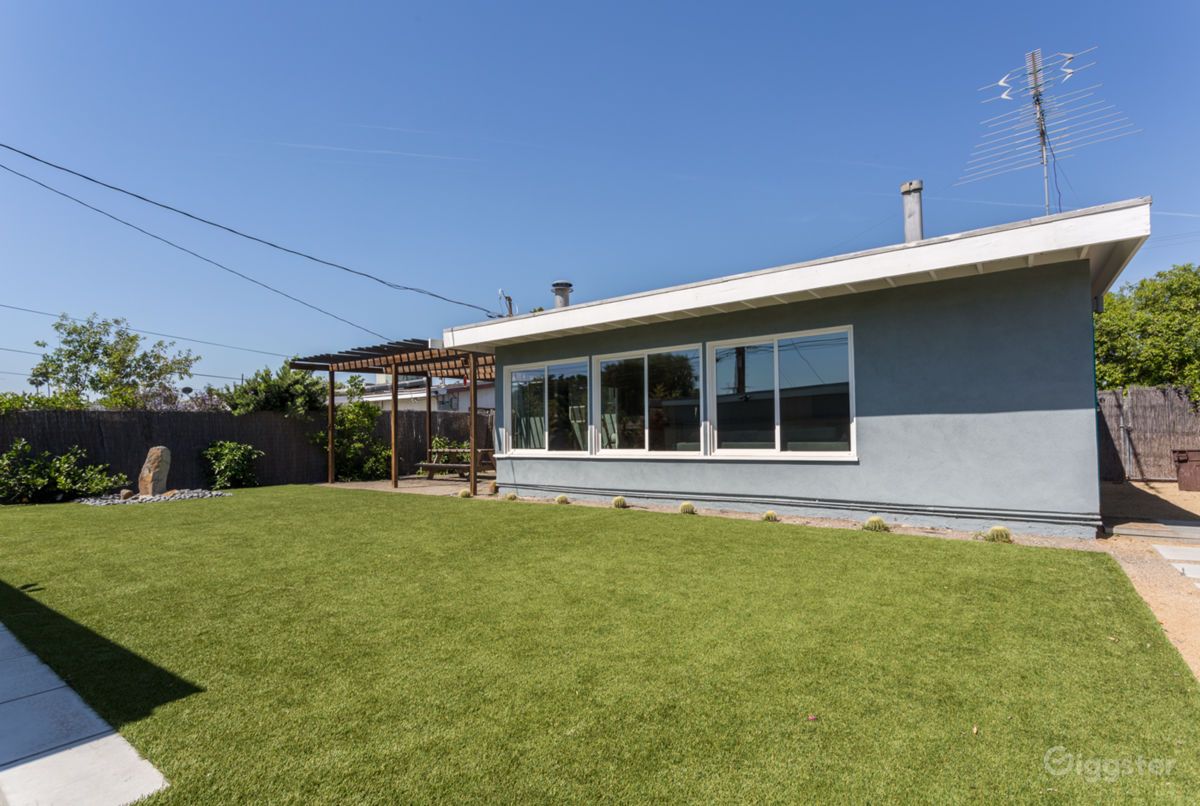
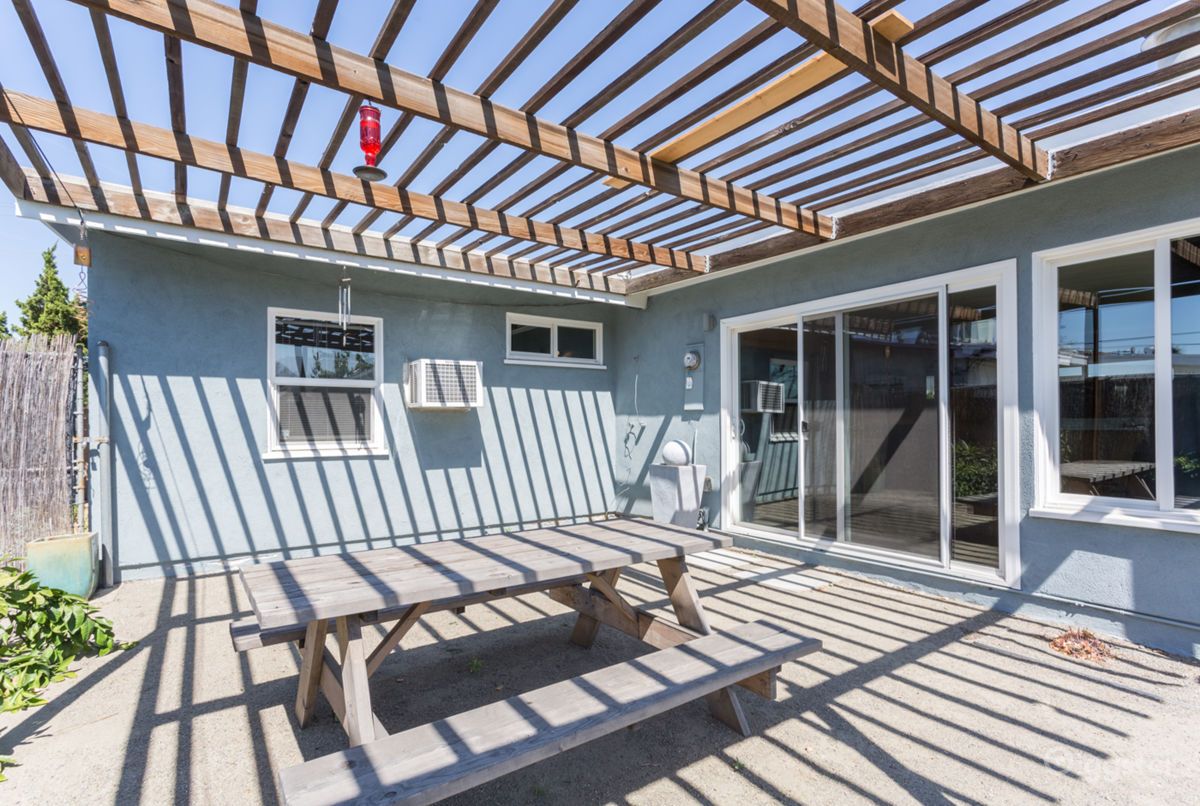
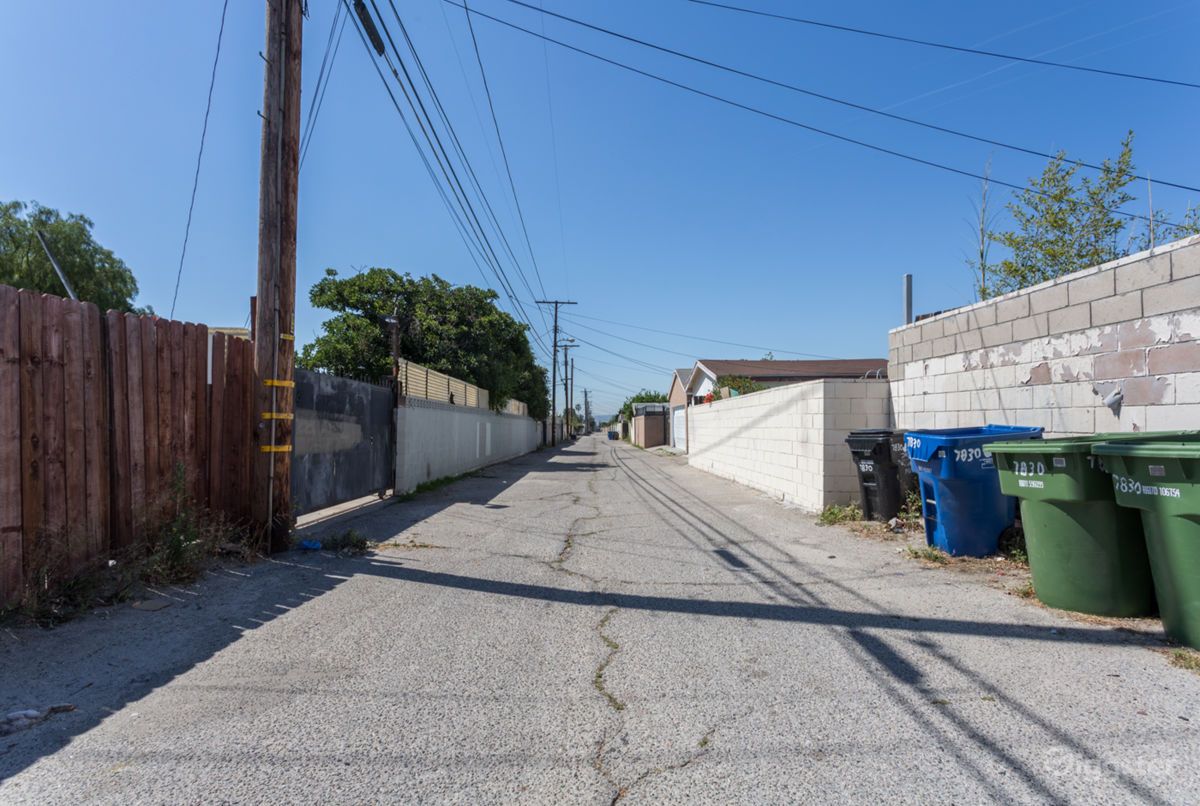
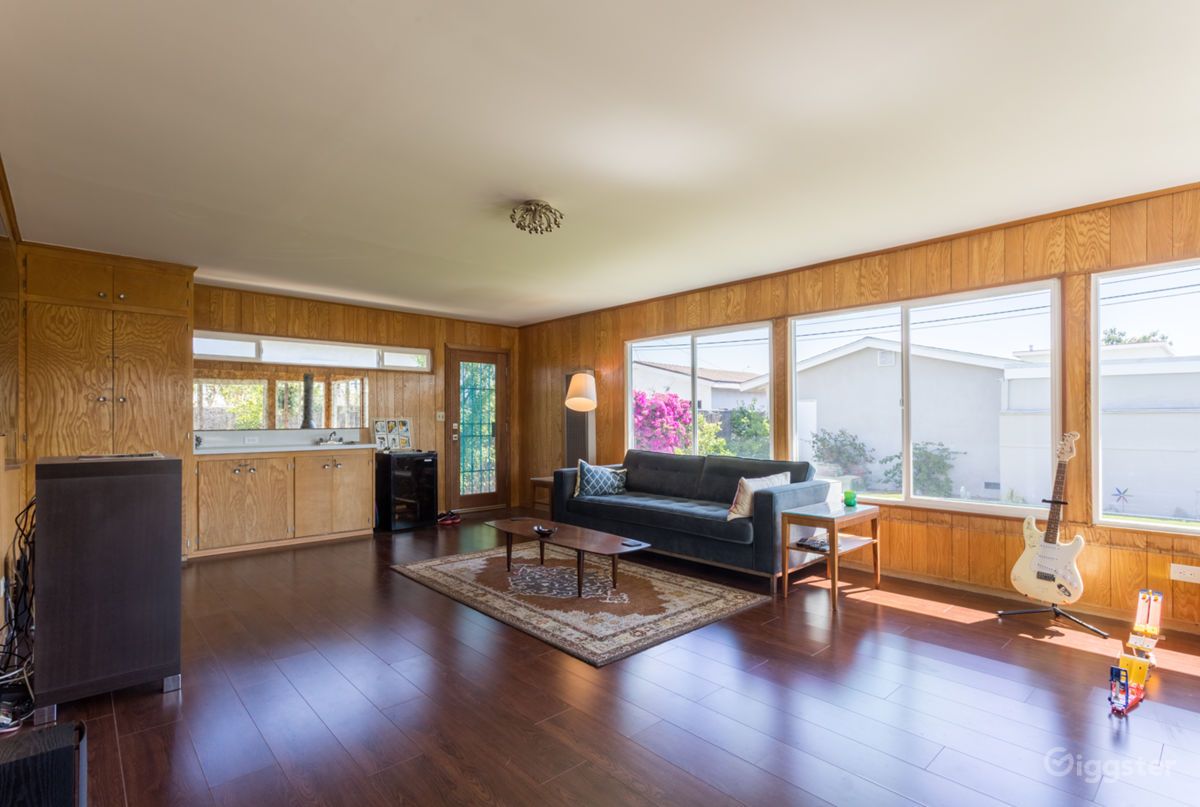
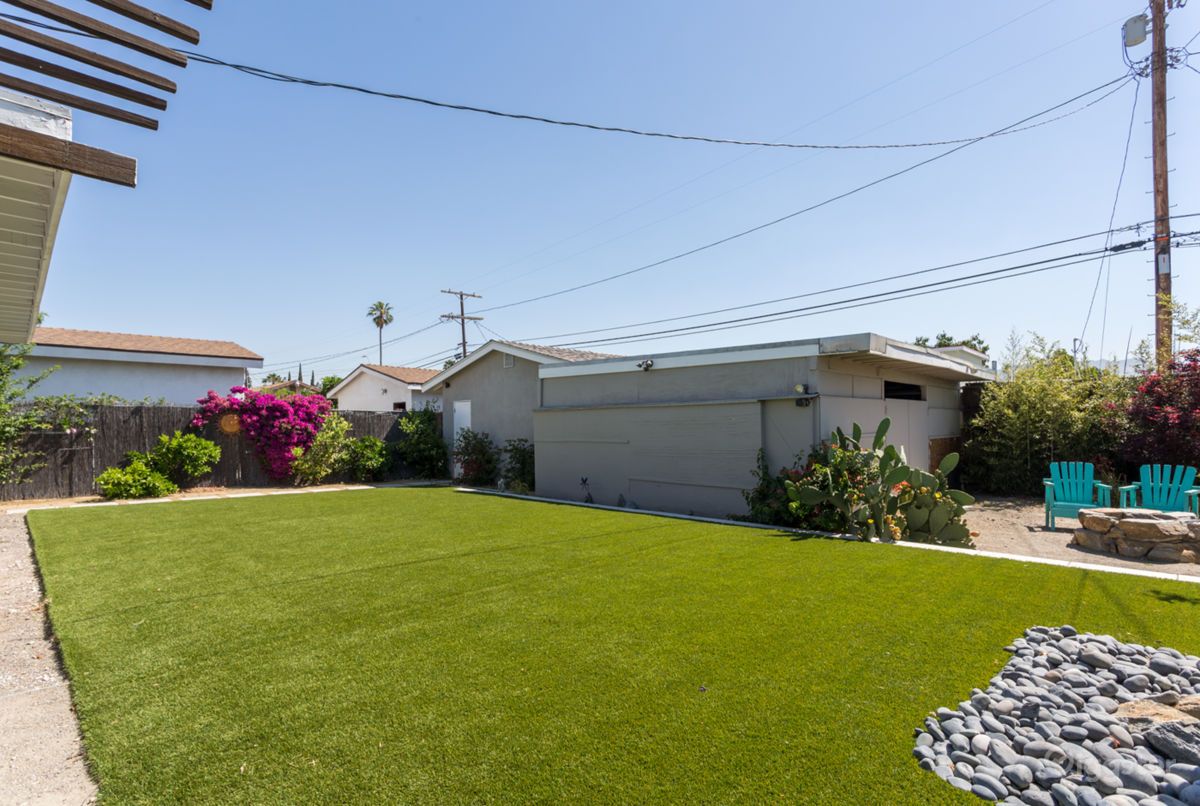
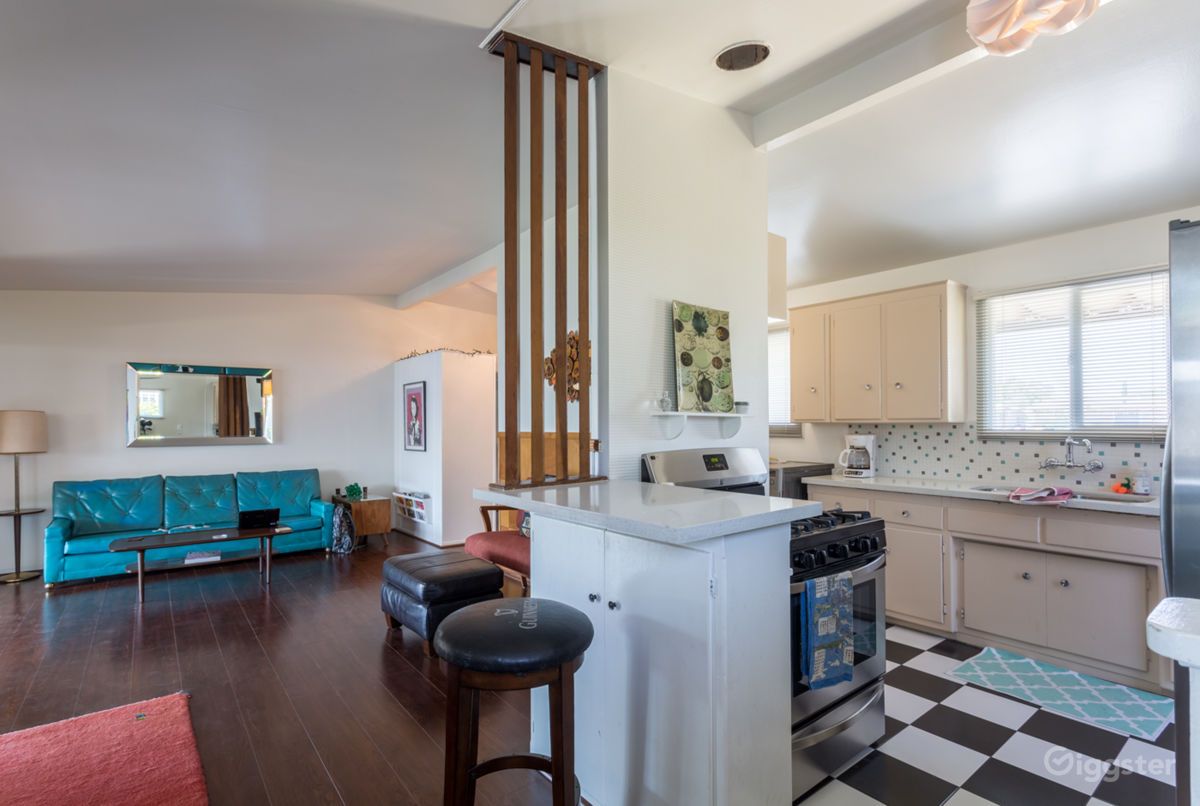
Reagan: That's a great point, and definitely something we've seen as well. My second last question is regarding the future of your business as a location host. You've made a pretty sizable amount of money in the past year and a half, and you've done a great job re-investing that into creating a new rental unit in the home, and upgrading your furniture – so what's next? What are your future plans for the location?
Brian: Well, as you mentioned Giggster has been incredibly helpful in allowing me to renovate and improve the property - having the rental income from the converted garage space is huge. I might re-do the floors at some point, but I would say my big dream looking forward is probably to invest in a second property in Studio City and continue to rent this one out.
If any of those early shoots was a nightmare experience I may have given renting a second thought, but it was honestly very straightforward, and everyone I've ever worked with on Giggster (including students) were always very professional.
Reagan: Thank you very much for taking the time to chat with me - before I let you go, was there any final words of advice you'd like to share with other homeowners out there, thinking of renting their home for filming?
Brian: Thanks, it's been my pleasure. I would just say that it all comes down to having the right attitude and being accommodating and flexible. I've always taken the job seriously because I know that the projects I'm hosting are important. Whether it's a small indie project or a big commercial shoot, renters are putting their careers on the line when they book a location on Giggster, and I think it's important to respect that.
There's the potential to make a lot of money - but you've really got to work for it, and like any business put customer service as your top priority. I'd also just say, that it's fun - and you get to meet a lot of really cool creative people, and so yeah, it's definitely something I would recommend.


